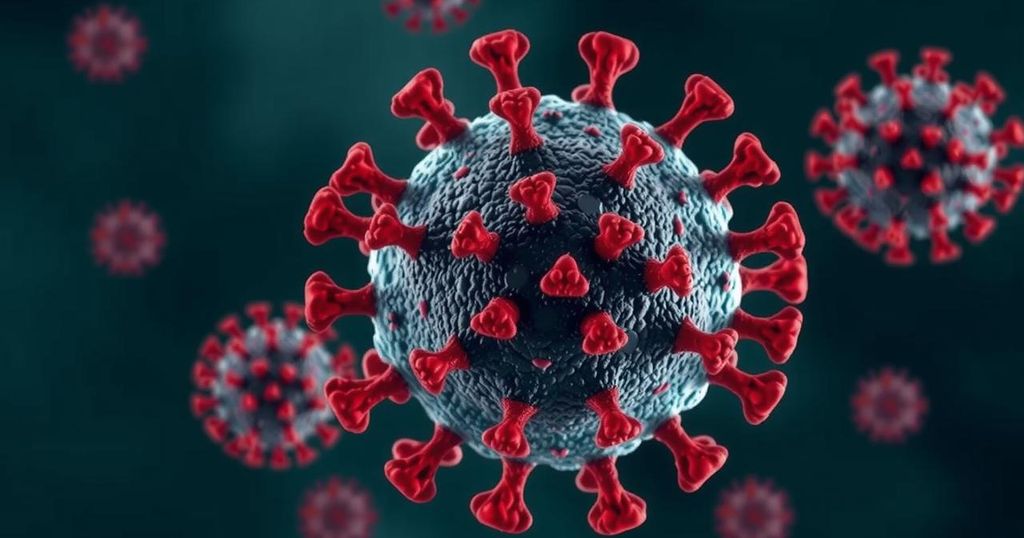Dr. Kafui Senya from the WHO has indicated that Ghana is off track in its efforts to eliminate viral hepatitis by the 2030 target. Significant concerns arise from the lack of a vaccination program for newborns against hepatitis B, and only a fraction of infected individuals are currently tested and treated. Experts call for urgent action and investment in prevention and treatment to avert future health crises related to liver disease.
The World Health Organization’s Technical Lead for Hepatitis in Ghana, Dr. Kafui Senya, has declared that the country is currently not on track in its battle against viral hepatitis. With the impending 2030 elimination goal, he expressed grave concerns that Ghana will not meet this critical milestone. In an interview, Dr. Senya highlighted essential targets that must be achieved, including ensuring that 90 percent of individuals with viral hepatitis are diagnosed and aware of their status. Additionally, 65 percent of those diagnosed must be receiving treatment. Hepatitis B poses a significant threat due to its potential to cause liver inflammation and subsequent liver cancer. While hepatitis C can be treated and cured, hepatitis B requires ongoing antiviral treatment to manage. Importantly, Dr. Senya emphasized the need for vaccinating every newborn against hepatitis B to drastically lower infection rates among future generations. However, he indicated that Ghana currently lacks a policy to administer this critical vaccine.
Viral hepatitis, particularly hepatitis B, represents a substantial public health concern in Ghana, where limited progress has been observed in combating this disease. Hepatitis B and C are common viral infections that can lead to severe liver complications, including cancer. Health experts have advocated for proactive measures such as vaccination and enhanced public awareness to curtail the spread of these infections. The WHO and local health authorities are urging systemic changes to effectively address the challenges posed by hepatitis in Ghana.
In conclusion, Ghana faces significant hurdles in its efforts to eliminate viral hepatitis by 2030, as articulated by Dr. Kafui Senya of the WHO. The lack of strategic measures, notably the absence of a vaccination policy for newborns against hepatitis B, is alarming. Furthermore, concerns over inadequate funding and focus on preventive measures highlight the urgent need for governmental and societal action to improve health outcomes and enhance public health initiatives targeting viral hepatitis.
Original Source: www.ghanaweb.com






